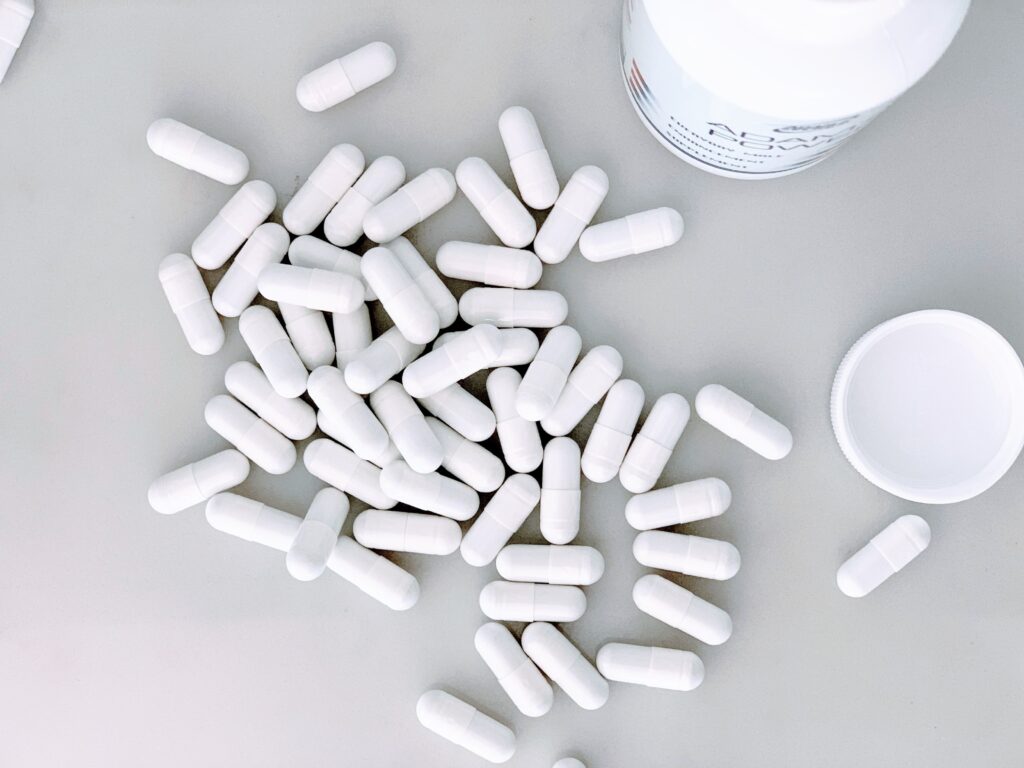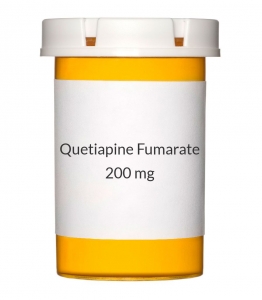New Type of Antipsychotic Drug for Schizophrenia Looks Promising

In a 2020 article in the New England Journal of Medicine, researcher Kenneth S. Koblan and colleagues described a new type of antipsychotic drug treatment for schizophrenia. Almost all other antipsychotic drugs block dopamine D2 receptors, while atypical antipsychotics also block the serotonin 5HT2 receptor. They are described as antagonists at these receptors.
In contrast, the new drug is an agonist or activator of two different receptors. The drug SEP-363856 (also called SEP-856) activates the trace amine–associated receptor 1 (TAAR1) and 5-hydroxytryptamine (or serotonin) type 1A (5-HT1A) receptors.
Blocking D2 receptors can cause Parkinson’s-like symptoms (such as tremor, masked faces, and impaired movement or speech) and other extrapyramidal side effects (such as slurred speech, slow movements, or restless legs.) In contrast, SEP-856 seems to have a better side effects profile than these types of drugs while also being highly effective.
Patients with an acute exacerbation of schizophrenia were assigned to receive either placebo or once-daily treatment with SEP-856 (either 50mg or 75mg) for four weeks. A total of 120 patients received SEP-856 while 125 received placebo.
Compared to the placebo group, the SEP-856 group showed significantly greater reductions on a scale of positive and negative symptoms of schizophrenia by the end of the four weeks. Side effects included some sleepiness and gastrointestinal symptoms, but the incidence of extrapyramidal symptoms and changes in the levels of lipids, glycated hemoglobin, and prolactin were similar in both groups. There was one sudden death from cardiac causes in the SEP-856 group, which was not thought to be drug-related.
Editor’s Note: This drug acting on trace amine–associated receptor 1 (TAAR1) and 5HT1A receptors could herald a new and better tolerated type of antipsychotic. It is also being studied for psychosis in Parkinson’s disease. Since all of the antipsychotics that treat schizophrenia have also shown antimanic efficacy, we look forward to future studies of this unique drug in patients with mania.
Generic Seroquel XR Approved
 Earlier this year, the US Food and Drug Administration approved a generic version of Seroquel XR tablets (Quetiapine Fumarate Extended-Release Tablets), which are used to treat both depression and mania in bipolar disorder, schizophrenia, and to augment the effects of antidepressants in unipolar depression. Also known as quetiapine, the generic tablets will be available in 50 mg, 150 mg, 200 mg, 300 mg, and 400 mg doses.
Earlier this year, the US Food and Drug Administration approved a generic version of Seroquel XR tablets (Quetiapine Fumarate Extended-Release Tablets), which are used to treat both depression and mania in bipolar disorder, schizophrenia, and to augment the effects of antidepressants in unipolar depression. Also known as quetiapine, the generic tablets will be available in 50 mg, 150 mg, 200 mg, 300 mg, and 400 mg doses.
Seroquel XR is taken once per day several hours before bedtime in the acute treatment for bipolar depression (300 mg/day), mania or mixed episodes (300–600 mg/day) or their prevention (400 mg/day); or paired with antidepressants to treat unipolar depression (150–300 mg/day).
The generic tablets, which are expected to be more affordable than Seroquel XR, are produced by Pharmadax Inc.
Studies of Medications and RTMS in Children Lacking
At the 2015 meeting of the Transcranial Magnetic Stimulation Society in May, researcher Stephanie Ameis discussed the dearth of medication studies in children, particularly for depression but also for schizophrenia and autism spectrum disorders, which share the symptom of impaired executive functioning, which can include skills such as planning and problem solving.
Ameis noted that in a literature review, there were a total of 1046 controlled pharmacological treatment studies in adults compared to only 106 in children, which reflects a relative absence of treatment knowledge, especially for depression (where there were 303 studies in adults versus only 17 in children) and bipolar disorder (where there were 174 studies of adults and 24 of children).
Ameis then reviewed the few studies of rTMS for depression in young people. She identified several series with only a total of 33 children and adolescents who had been treated with rTMS. She is beginning to study rTMS in patients with high-functioning autism (40 patients aged 16 to 25 have been randomized in her study). Ameis also described a 2013 study of rTMS in which patients with schizophrenia showed improved performance on a test of working memory published by Mera S. Barr and colleagues in the journal Biological Psychiatry. Ameis cited this as a rationale for studying rTMS’s effect on cognitive performance in people with autism.
Specialty Treatment for First Episodes of Psychosis Effective
A study published online in the journal Psychiatric Services comparing a specialty clinic that provides medication, family education, cognitive-behavioral therapy (CBT), and case management to improve employment and educational outcomes with treatment as usual for people in a first episode of psychosis found that the specialty treatment was associated with fewer and shorter hospital stays and better vocational engagement during one year of follow-up.
Most participants were referred to the study from inpatient psychiatric units. Those randomly assigned to receive treatment as usual typically did so in outpatient treatment settings. Those randomly assigned to the specialty treatment group joined the Specialized Treatment Early in Psychosis (STEP) program at the Connecticut Mental Health Center, where they could choose from any of the available interventions.
Other studies have found that comprehensive intervention encompassing psychoeducation, family therapy and other services can reduce psychotic symptoms. The authors of this study, Vinod H. Srihari and colleagues, concluded that a US public-sector model of early intervention in psychotic illness could be both feasible and effective.
Editor’s Note: In the British Journal of Psychiatry in 2013, Kessing et al. demonstrated even more dramatic and persistent benefits (for at least 6 years) of 2 years of specialty clinic care versus treatment as usual for patients with a first hospitalization for mania (many of whom were also psychotic). Together these two articles indicate the extreme importance of getting off to a good start in the management of major psychiatric illness. Such specialty programs are desperately needed for better management of childhood-onset mania.
Psychoeducation and Medication Better for Depression than Medication Alone
There is mounting evidence that medication alone is not enough to bring about full remission in bipolar disorder. At the 2014 meeting of the International Society for Bipolar Disorders, researcher T.A. Batista et al. presented evidence that psychoeducation combined with medication may be more helpful than medication alone. In the research team’s randomized controlled study of 30 patients with bipolar I or bipolar II disorder, eight weekly home visits that included both pharmacotherapy and psychoeducation produced more favorable results than eight weekly visits with pharmacotherapy alone. Those patients who received psychoeducation had reduced depression scores and increased medication adherence compared to the others.
Editor’s Note: There are now about a dozen controlled studies indicating the efficacy of psychoeducation. It is time that systematic delivery of psychoeducation, either in a private practice setting, a clinic, or the home environment, become a mandatory part of the treatment of bipolar disorder.
Researchers Vieta and Colom of Barcelona have some of the best positive longitudinal data on psychoeducation versus treatment as usual and find benefits lasting five years or more. Key components of psychoeducation include learning about disease course and medications, developing a careful monitoring system, and recognition of early signs and symptoms of an impending manic or depressive episode, and key drug treatment maneuvers that could be instituted should such early warning signs develop.




